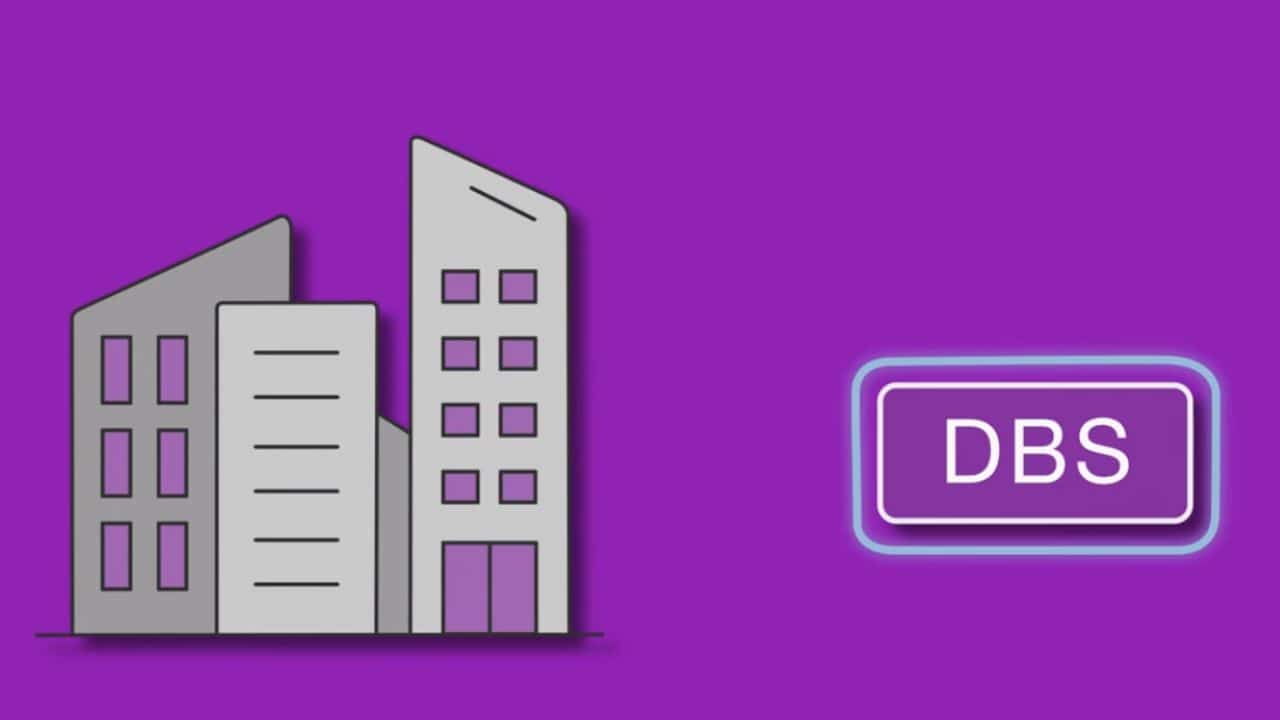In the realm of employment and recruitment, background checks play a pivotal role in ensuring the safety and integrity of workplaces.
One such tool that forms the foundation of this process is the Basic Disclosure and Barring Service (DBS) check. Let’s unravel the essentials of what a Basic DBS check entails and why it’s a fundamental step in certain professional landscapes.
Understanding the Basics of a Basic DBS Check
The Basic DBS check is the most elementary level of screening provided by the Disclosure and Barring Service in the United Kingdom. It primarily focuses on revealing unspent convictions and serves as a quick and accessible means for employers to gauge the criminal history of potential employees.
Key Components of a Basic DBS Check
1. Unspent Convictions
Unlike more comprehensive checks, the Basic DBS check specifically highlights unspent convictions. Unspent convictions are those that have not yet reached the designated rehabilitation period and must be disclosed by the individual.
2. Limited Scope
One of the defining features of this type of DBS check is its limited scope. It does not delve into cautions, warnings, reprimands or spent convictions. Instead, it provides a concise overview of an individual’s unspent criminal record.
3. Accessibility
The Basic DBS check is widely accessible and can be requested by individuals themselves or through their potential employers. It is often required for roles that do not involve a high level of responsibility or positions that do not require a more thorough examination of an individual’s background.
Applicability of a Basic DBS Check
The simplicity and focus of a Basic DBS check make it suitable for various roles across different industries. While it might not be as comprehensive as higher-level checks, it serves a crucial purpose in roles where a minimal level of criminal disclosure is sufficient for assessing an individual’s suitability.
When is a Basic DBS Check Necessary?
Certain entry-level positions, volunteer roles or jobs with minimal responsibility may only require a Basic DBS check. It strikes a balance between ensuring a safe working environment and respecting the privacy of individuals, making it a practical choice for roles where a more detailed examination is unnecessary.
Application Process and Turnaround Time
The process of obtaining a Basic DBS check is relatively straightforward. Individuals can apply directly through the official DBS website or go through their prospective employer, who may facilitate the application. The turnaround time for Basic checks is usually quicker compared to more detailed checks, allowing for a swift assessment of an individual’s criminal history.
Conclusion
In the intricate web of background checks, the Basic DBS check emerges as a fundamental and accessible tool. Balancing the need for transparency with individual privacy, it provides employers with a concise snapshot of an individual’s unspent convictions. As an integral part of the recruitment process, the Basic DBS check empowers employers to make informed decisions, fostering trust and security in various professional spheres.














































